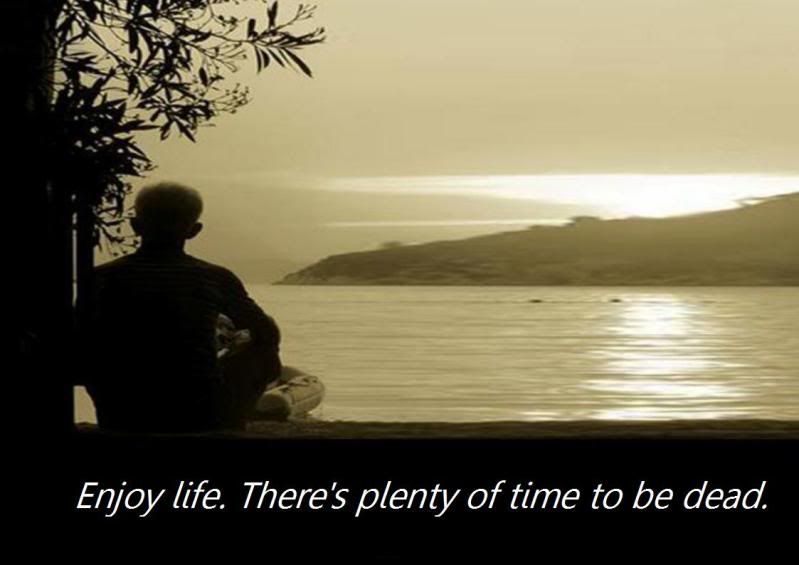To Trust Again
There are two types of people in the world — those who trust everyone until it is proven that they can't be trusted, and those who trust no one until it is proven that they can be trusted.
The former are the most likely to be hurt, betrayed and dismayed. If you are a trusting person, you know how easily hurt can come. You put your heart and soul out on the table for everyone to see. You disclose things about yourself that are personal and sometimes private. You do so with open arms hoping that others will do likewise. Then, wham! Betrayal. How could they do that? You ask yourself. How could someone take my deepest fears or most honest love and see it as expendable?
One of the worst forms of betrayal is one committed by a romantic partner. When the betrayal came to light most of us don't just want the truth. We ask for reassurances from the very person who was dishonest with us. We demand details that are often torturous. We may "police" them, looking for signs of straightforwardness. We ask, "Can I and do I, want to be with this person? Will I be honest about my thoughts and feelings? Will I take the risk to further this relationship, knowing I cannot control the other? What would I do if my partner chooses to, once again, be dishonest with me?" The issue is whether we can trust ourselves to make wise decisions. Hurt does not heal instantly, but it can calm us to look into ourselves and see our real choices.
Once trust has been betrayed, most people will be less trusting the next time. The degree of mistrust that is produced varies between individuals and with the sensitivity of the particular betrayal. However, over a period of time, your trust can be rebuilt with repeated positive experiences. For example, if your boyfriend is unfaithful, you won't initially trust the next man you date. But, when a man consistently demonstrates his reliability, despite your more critical evaluation of his actions, he might earn your trust. These common but painful human experiences contribute to your growth and development.
Trust involves risk and re-trusting involves even greater risk. It means putting yourself “out there” again, sometimes with the same people who betrayed you in the first place. In order to forgive and make peace with those who have hurt you, you must learn to trust again.
Learning to trust again after being betrayed is one of the most difficult aspects of being human. However, trust is essential for forgiveness and healing. It is essential for interpersonal relationships. It is essential for you to be able to move on. It is essential for healthy self-esteem.
Trust is at the core of all meaningful relationships. Without trust there can be no giving, no bonding, no risk-taking. To trust a partner again, betrayal must be acknowledged. The wrongdoer must admit that he or she has inflicted a deep hurt, and the victim must look at what he or she could have done to make things different. Seeking and accepting forgiveness is the first step toward rebuilding a more secure relationship.
Trust is a self-fulfilling prophecy. If you let others know that you have full faith in them and trust them in earnest, they are less likely to betray that trust. Don't be afraid to say to a person, “I trust you completely. I have faith in you.”
Trust, in a practical sense, means that you place confidence in someone to be honest with you, faithful to you, keep promises, vows and confidences and not abandon you.
Trusting another person requires a realistic perspective about people and an expectation of failure.
Trust needs to be combined with a willingness to forgive and trust grows best in an environment of acceptance and love.
Every human relationship will suffer hurt. Thus, we all need to become better forgivers and confessors. That ability to reconcile and spirit of humbleness will prove the depth of your love and commitment.
01:49
Comments:
Post a Comment

